Features of speech development of preschoolers 3-4 years old
Yulia Kashcheeva
Features of speech development of preschoolers 3-4 years old.
Problem development the speech of the younger children preschool age acquires its relevance in connection with psychophysiological developmental features a child between 3-4 years old, in view of the sensitivity speech development... It is at this age that the child is most sensitive to the perception of the speech of others, as well as to the influence of various factors from the external and internal environment, therefore, this age is especially productive for the child's speech development.
Currently educational program preschool institutions are built in accordance with the Federal State Educational Standard. One of the directions of the FSES DO in preschool institution is speech development, which includes an orientation towards the acquisition of speech by children as a means of communication and culture, development grammatical side, vocabulary enrichment, development monologue and dialogical speech, its coherence.
V preschool age, speech plays a dominant role in development higher mental functions of the child, it is directly related to development and the formation of such processes as thinking, memory, perception, attention, imagination. Speech is closely related to development thinking processes: analysis, synthesis, abstraction, generalization, inference, that is, the higher the level speech development, the qualitatively higher the child's intelligence will be. Language acquisition also significantly affects the formation of a productive, conscious, non-mechanical memory. At the age of 3-4 years preschoolers there is a transition from sensory experience to generalized knowledge, this occurs as a result of a restructuring of perception, which qualitatively changes under the influence speech development... Attention becomes arbitrary, ceasing to obey the laws of the orienting reflex. The mother's word is a stimulus that rebuilds attention, distinguishing verbal instruction from a number of other stimuli. This is how the formation of conscious and organized attention, which has a social basis, takes place. By the end of early childhood, the child experiences a transition from reproductive imagination, characterized by the reproduction of the experience gained, to creative thinking. Thus, speech and its development is in close relationship with all mental processes of the child, and therefore it is very important contribute to its development exactly in the period of 3-4 years, the most favorable and flexible for the child.
What are the norms speech development at 3-4 years? Many parents are concerned about this issue. Below are the norms speech development of preschoolers at the age of 3-4 years.
The active dictionary is 1500-2000 words.
Problems with the pronunciation of whistling and hissing sounds ([s], [h], [f], [w], [c], [h], [u] and their soft analogs, sounds [p] and [l] and their soft analogs.
Perseverations in syllables of words (bride - venesta, tulips-coats, mathematics - themes, etc., also confusion in sounds (plane - beams)
Confusion with pronouns, word endings (my mom, my dad, Elya brought a toy, I want to drink water, etc.)
Inability to create complete, logically complete stories.
An active interest in memorizing words, poems, rhyming words.
Thus, at 3-4 years old with a normal speech development should be able to:
State your name, surname, patronymic.
Give the names of relatives, friends and acquaintances.
Describe the situation you saw.
Retell stories from fairy tales and cartoons.
Name the signs and properties of objects (soft, glassy, transparent).
Name actions (sit, play, run, clean up).
Summarize subjects (dishes, toys, vehicles, animals).
Speak in simple sentences, gradually moving on to complex ones.
Speech development of a preschool child age requires active adult intervention. So that the child quickly learns everything more accurately speech norms need to use certain methods.
1. First of all, you need to talk with your child as much as possible, starting with nutation various kinds of actions, it is necessary to describe to the child what he saw, ask him to do the same. Need to acquaint preschooler with new words, explain and show their meaning, consolidate them in the child's speech, thereby enriching the active and passive vocabulary. It is necessary to ask the child more often what he did in kindergarten, on a walk, what he saw, what he learned.
2. If you are worried about the child's pronunciation, distortion or lack of certain sounds, you must resort to performing articulatory gymnastics, the so-called "Games with a tongue" such how: house, swing, pancakes, football, needle, tube, etc. Articulation exercises will activate the muscles of the tongue, cheeks, lips, thereby creating a favorable basis for correct pronunciation.
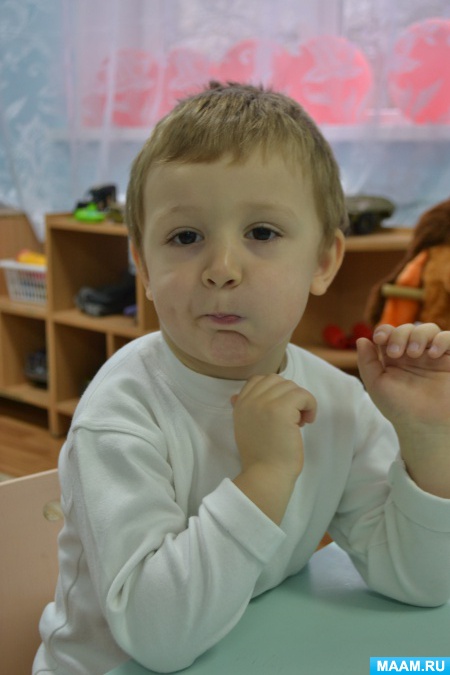
3. Development fine motor skills plays a significant role in speech development of the child This is due to the fact that the nerve centers responsible for speech and fine motor skills in the cerebral cortex are closely related. Because the better developed fine motor skills of the child's hands, the clearer and clearer his speech will be. Develop fine motor skills are possible thanks to sculpting, drawing and application, with the help of special finger games ( "Flower", "Pancakes", "Boat", "Flashlights", "Hedgehog" etc., games with lacing, games with sand, natural materials, sensory boxes.
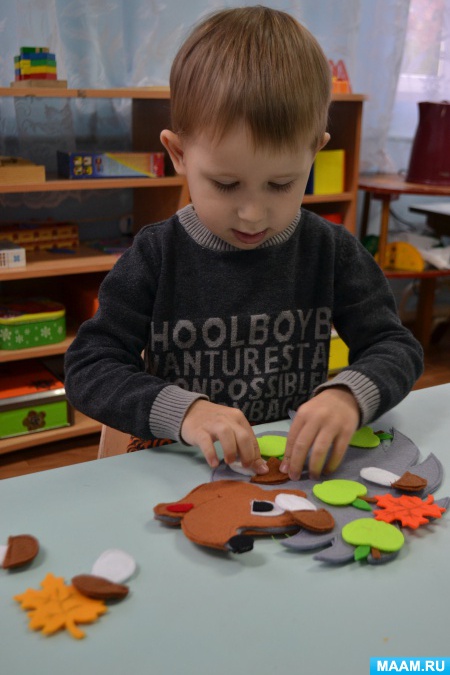
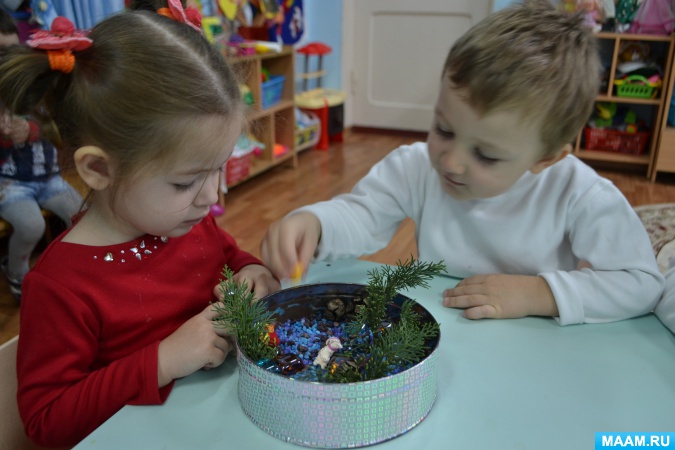
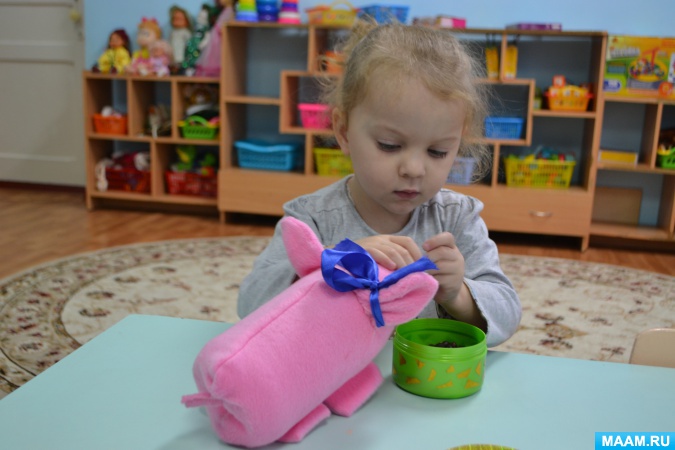
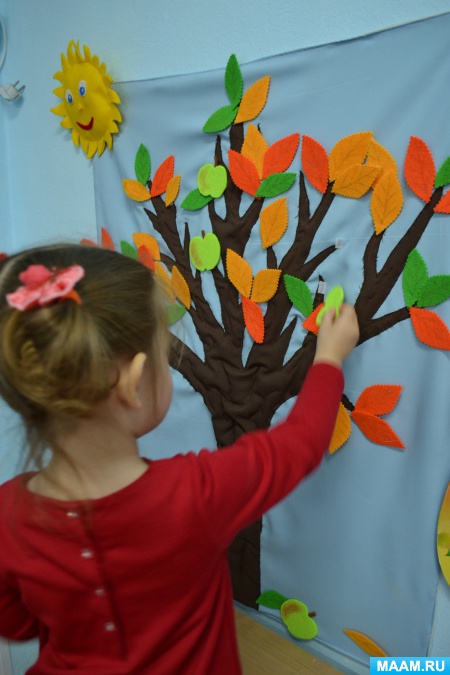
4. Attracting theatricality in development of speech can contribute to the development emotionality and expressiveness of speech, will improve sound pronunciation and intonation side, activate the child's vocabulary. You can use shadow, finger theater, costumes and masks to create interest in the child in the dramatization process. It is best to use the most appropriate fairy tales for ages 3-4 years: "Kolobok", "Three Bears", "Ryaba chicken", "Turnip".
5. Of course speech development does not do without special speech games... Currently, there are many varieties of such games aimed at development of all aspects of speech: semantic, lexico-grammatical, emotional-intonation and sound-pronouncing.
Thus, encouraging the child to constant verbal utterances, creating special conditions for organized development, you can achieve high results in speech development of a preschooler, which will significantly affect development all mental processes and will facilitate the process of socialization of the child.
